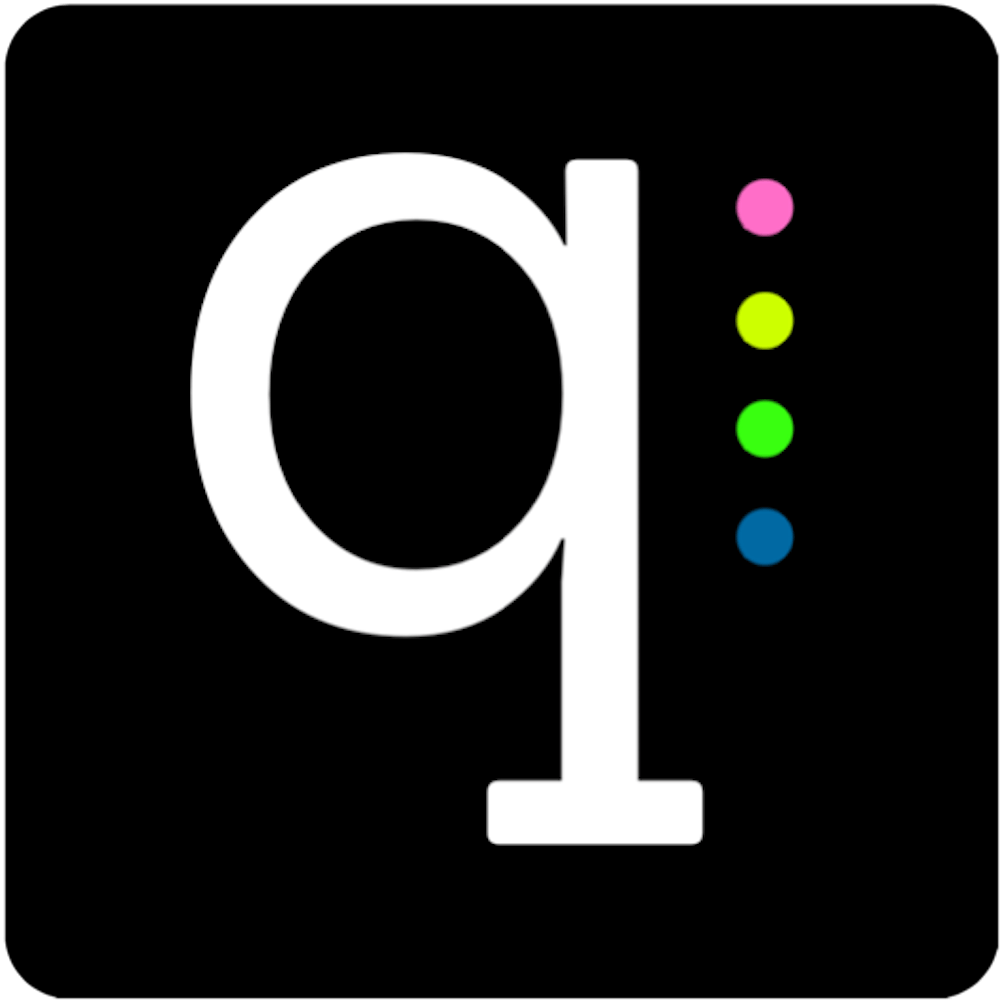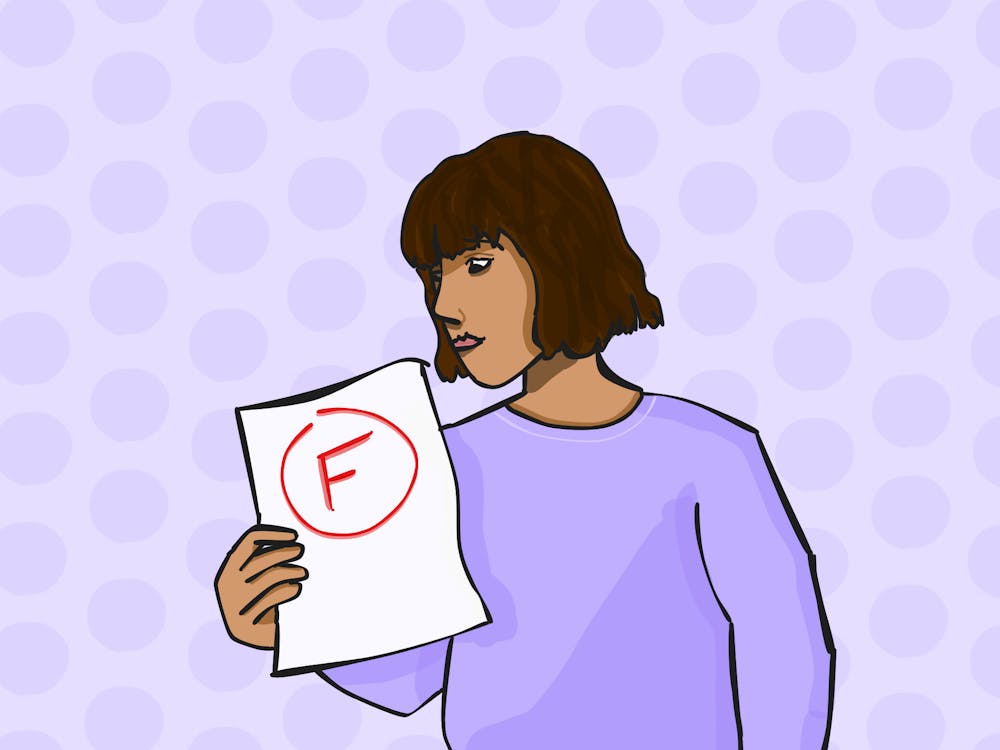Qwerty is a recently developed student-to-student note sharing platform that provides those at the University with the ability to anonymously obtain weekly lecture notes, reading notes and study guides from their peers in the same lecture classes. Contributing students have the option to post and monetize their study material for extra cash, and the best part of all — the Honor Committee and many professors are mostly on-board.
The name Qwerty came from what the team of founders best identified as their shared character trait — being quirky. After altering the word to match the general theme of their company, Qwerty officially launched in late February.
While fourth-year College student Devansh Agarwal and Cornell senior Nikhil Sarif started the company, the team managing the platform has now grown to include fourth-year Commerce student Muhammad Ahmad, third-year College student Sudharshana Krishnan, fourth-year College student Vismita Uppalli and Cornell senior Girisha Arora.
The concept was partly borne out of Agarwal’s experience as an international student from India. His first year, he struggled with note-taking since his professors spoke quickly and with a different accent than he was used to. But, as he soon found out, international students like himself were not alone in this struggle. After talking with over 230 students through focus groups, interviews and more, Agarwal and Sarif — who had become friends in boarding school — found that many students felt they had inadequate study notes and that even those in the Student Disability Access Center community were sometimes unable to find sufficient lecture notes, despite the notetaking services offered by SDAC.
“We wanted to build this platform because when we first got to U.Va., we weren’t used to big lecture halls, making it hard to follow exactly everything professors were saying,” Argawal said. “We would stress before exams because we didn’t have the best notes and didn’t know who to reach out to for help.”
Although the University provides SDAC accommodations to some students, those without accommodations have no real way to ask for lecture material or study guides in a large class where they only know a few people. While there are other online solutions such as Course Hero, the founders consider these quick-fixes inadequate since they sometimes provide incomplete or irrelevant information.
The students behind Qwerty coded the platform from start to finish and used their own funds for the initial capital. However, after the first few weeks, the platform was awarded a $1,000 prize for winning the first round of the Entrepreneurship Cup, a multi-stage competition hosted by the Darden School of Business that allows student teams to submit company proposals and compete for investment money. They have since been accepted into the Darden Venture Lab program for the summer and received some funding from that program.
The process of buying and selling notes has the potential to benefit students on both sides of the market, yet Qwerty works only when in compliance with all University honor requirements. In order to affirm conformance, notetakers can upload content to the website only after signing an honor pledge, confirming that the posted material is not in violation of the honor code, meaning it doesn’t contain answers to homework or exams.
“One of the first things we did when we decided to go ahead with this was actually speak to Honor,'' Agarwal said, “We wanted to be as on-board with them as possible … Qwerty is designed to be created on a foundation of trust.”
The Qwerty team reviews all notes once they are posted and reserves the right to remove anything they deem suspicious. Additionally, since students are required to sign up with their computing ID, the platform records which student posted which notes, enabling a system of verification and trust.
Ryan Keane, chair of the Honor Committee and third-year Batten student, explained that although the founders of Qwerty have been very proactive in getting Honor’s opinion on everything from the very start, Honor can’t put a blanket stamp of approval on Qwerty’s website — it really depends on the professor and their policies.
“I think it really is a case-by-case basis and that’s where it can be a little tricky, but on the whole … what it just comes down to is make sure it’s OK with the professors,” Keane said.
Students can post lecture notes, reading notes and study guides for free or choose to price them. The platform allows students to charge $0 to $3 for lecture notes, $0 to $10 for reading notes and up to $25 for study guides. Students keep 80 percent of the revenue for each transaction made, while the remaining 20 percent goes to Qwerty. The founders eventually hope to generate enough revenue to give a certain percentage of their profits away to worthy causes, such as the broader University community or contracted independent organizations.
“It’s going to be a tool that helps CIOs and clubs on Grounds empower themselves through Qwerty and getting notes off Qwerty,” Ahmad said.
Since the platform wants to provide resources for all, students with learning disabilities can access any notes on the platform free of charge. The students who monetize their notes understand that those with verified SDAC accommodations will be able to access these notes for free. Although students’ economic differences may impact who is able to access notes, Devansh explained that the platform can only function if students are incentivized to post high-quality notes by being able to charge money for them with the potential to lower costs once there are more users.
“While I do admit that some disparity will always exist, our goal is to try and help out as many students as we can, and we truly think that as we grow we can begin to offer better notes at cheaper prices to mitigate the disparity which may exist,” Devansh said.
Despite a strong initial launch with over 180 accounts populated in its first week of business, the founders worry about two negative stigmas surrounding online note-sharing — the reputation that buying notes is an unfair advantage or simply unreliable.
“The problem is, the reason we’re fighting an uphill battle, at least right now, is that — these note-sharing websites — there’s a really shady sort of vibe,” Agarwal said. “We’re really trying to break out of that sort of image that a lot of these websites have because that’s not what the intention for this is.”
Qwerty ultimately hopes to expand to other universities after meaningful adoption in Charlottesville, but their main priority right now is creating awareness of their platform and reducing any perceived stigma related to online note sharing.
Fourth-year College student Sejal Kapoor recently used the platform to purchase a study guide for her contemporary health class. She was surprised by how useful and comprehensive it was.
“I honestly could see [the platform] getting bigger and expanding just because I feel like it's more of a collaborative note-taking website, rather than like borrowing information from other sources,” Kapoor said. “It’s more like supplementing what you already have.”
Currently, Qwerty has over 200 active members with notes for over 35 classes, and the group hopes to expand its reach despite this unprecedented time.
“We’re trying to help as many students as possible get access to lecture notes, especially when they’re in positions where they can’t,” Agarwal said. “COVID-19 has definitely made it harder for us to market our platform and engage with students … but we’re still glad to be able to help out students.”
Especially during this time of disconnectedness and uncertainty, Qwerty provides a way to stay on track with online classes and remain part of the community.
“While some students will be able to access online lectures from the comfort of their homes, many international students, students with learning disabilities and students from low-income families may face difficult challenges accessing the same [resources],” Qwerty said in a post on Instagram. “Qwerty is determined to ensure that all students are able to access lecture notes and study material from their class, regardless of their predicament.”







